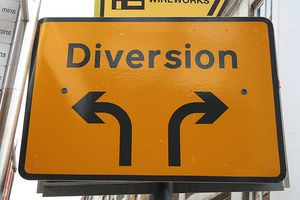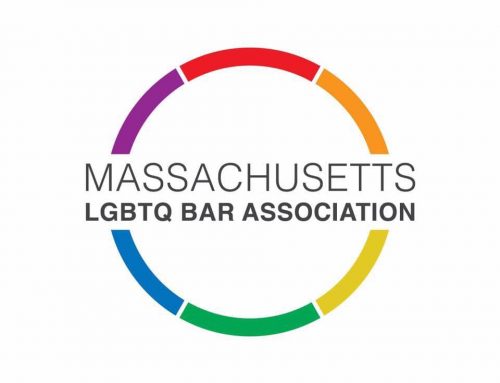At arraignment, an entry is created on a defendant’s Board of Probation (BOP) record. This record, sometimes called a “rap sheet,” is an overview of your criminal history and includes juvenile court records, adult court records and restraining orders. Judges have access to all this information and use it when making decisions regarding bail and plea deals.
As you might imagine, less is more; that is, the fewer entries on the BOP, the more likely a case can be resolved in your favor.
That is why the expansion of Pre-Trial Diversion, enabled under the new criminal justice reform laws, is hugely important.
The new laws allow the court to postpone arraignment if certain conditions are met:
1) No convictions for any crime after reaching the age of 18 (any court, any state);
2) No outstanding warrants;
3) No pending/continued cases;
* Charges for all crimes of violence EXCEPT simple Assault and Battery (G.L. c. 265, § 13A(a)) are not eligible.
If the above conditions are met on your arraignment date, the court will grant you 14 days to come up with a plan for diversion.
A plan for diversion will depend on the specifics of the offense charged. Possibilities include: community service, drug/alcohol treatment, psychological counseling, apology, restitution, etc.
At the 14 day date, a judge will consider the plan, and after hearing from your attorney, hopefully allow it. The DA’s office and the victim are allowed to be heard, but their recommendations are NOT binding on the judge.
Bottom line, if you meet the conditions, you want to take advantage of pre-trial diversion! If allowed by the court, you will avoid arraignment, meaning that there will be NO record of the criminal complaint on your BOP record.
If you find yourself in a situation where you might benefit from pre-trial diversion, please be in touch!



